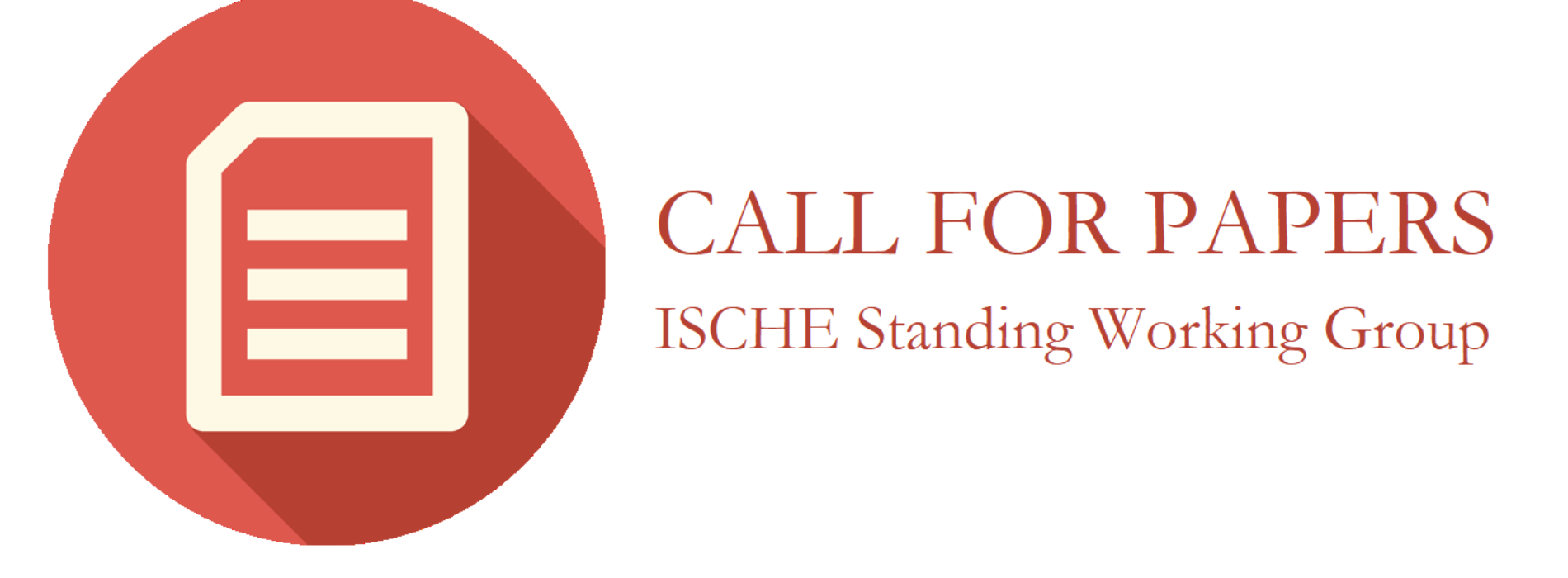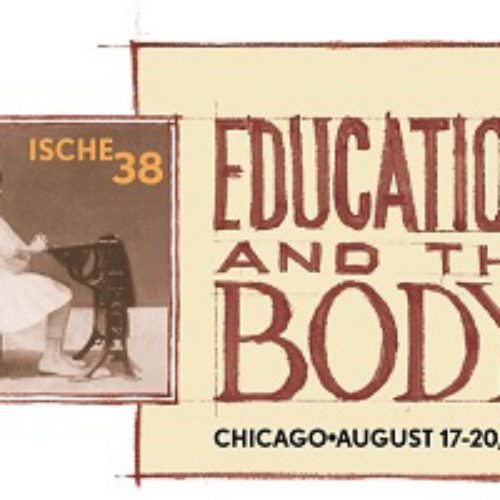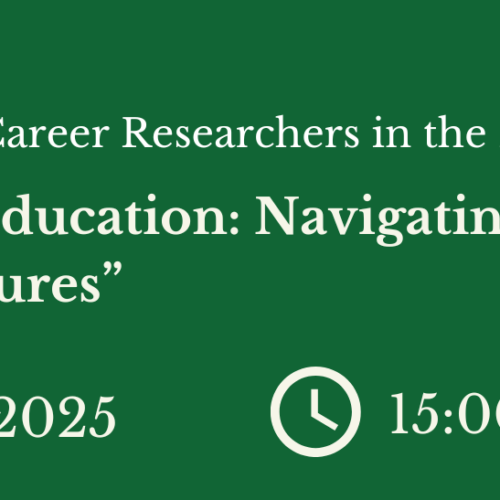Mapping the discipline SWG invites submissions for ISCHE 39 Conference. Deadline: Jan. 31, 2017
Mapping the Discipline History of Education
Convenors: Eckhardt Fuchs, Rita Hofstetter, Solenn Huitric & Emmanuelle Picard
The Standing Working Group “Mapping the Discipline History of Education” will held its fourth encounter in ISCHE 39 in Buenos Aires. Our goal is to pursue the development of a current and retrospective assessment of the discipline’s institutional grounding and of the knowledge produced by its practitioners, stretching across national and cultural borders.
The three successive conferences (2014, 2015 and 2016) gave us the opportunity to test and increase the reflexion stemming from our initial concept. From different panels, a wide range of questions emerged, such as how can be measured the impact of academic affiliations on the construction of the field « history of education »? To what extent can be specified boundaries for this field? Does the internationalization of academic work affect the research orientation?
Thus, at ISCHE 39 in Buenos Aires, we would like our panels to stress on the question of how to define a scientific discipline, from two main points of view. This question was partly adressed in London in 2014, and, after the discussions hold in Chicago and with the available data, we aim at receiving submissions that confront epistemological definitions and empirical data.
In this ISCHE 39 perspective, three main subjects will be stressed on:
- Investigating discipline matters by studying doctoral dissertations. The previous presentations on the phd subjects, on the periods or countries concerned, on the field of study, have left aside the question of institutional factors in doctoral path. We will welcome submissions about theses questions: the profile of the advisors and their link to the field (or discipline) history of education; the institutional distribution of candidates; and the evolutions of these aspects during the last twenty years. Other suggestions that address the question of institutional factors are also welcome. We will also continue collecting material on doctoral dissertations. Indeed, to assure the comparatist aim of our project, we propose to collect data in a standardized format. In this perspective, we suggest volunteering to collect data at a national or regional level, using a formal grid which be available on our web site. Contributor can fill the file, send it back to us and we will take in charge its online publication, as we did for the French doctoral dissertation http://rhe.ish-lyon.cnrs.fr/?q=carto-theses-list
- Investigating discipline networks around the journals topic. Journals are among the scientific community’s most powerful way of disseminating research outputs. Therefore, they constitute a privileged space in the effort to assess research on the history of education. Deux dimensions sont privilégiées :
– Following our debate in Chicago around journals dedicated to history of education, we wish to question the presence of research in history of education in journals that are not directly linked to this field. In this perspective, we welcome submissions that develop considerations on topics or scholars published in journals outside history of education. We will specially welcome papers based on an empirical study.
– One panel could focus on the contributions that currently are being prepared for the collective volume Connecting the Entangled History of Education via Scientific Journals (cf. the attached Call for papers). One of the three axes could be privileged : 1. Positioning of the scholarly editors of the journal with regard to the internationalization of research and the globalization of the editorial market ; 2. Historiographical assessments of histories of education concerning globalization and the transnational turn ; 3. Connected history at work in the education historian’s atelier: scales of analysis used in the published articles.
- Historiographical synthesis at different scales, such as cultural, regional or national and collaboration in completing an international bibliography on the subject of historiography of the history of education in different contexts. At the beginning of 2017, we will send you a Call for papers for a collective publication that contains such historiographical syntheses. This publication aims at taking into account different cultural areas.
We invite you to submit proposal focused on the thema suggested above. It should include an abstract of the presentation (about 500 words in English), a short CV of no more than two pages, including a list of relevant publications, and indicating the relevant panel. The deadline to submit a proposal is January 31 2017. The chosen applicants will be notified by the middle of february.
Please send your proposal to Rita Hofstetter (Rita.Hofstetter@unige.ch), Emmanuelle Picard (emmanuelle.picard@ens-lyon.fr), or Solenn Huitric (solenn.huitric@ens-lyon.fr).
Reminder – General presentation of the SWG
In the context of the growth, complexification and internationalization of higher education and research, it had seemed to be fruitful to map the history of education in Europe since the early nineties. Our goal is to create a current and retrospective assessment of the discipline’s institutional grounding and of the knowledge produced by its practitioners, stretching across national and cultural borders. Ultimately, the program will help to increase interactions among scholars and facilitate the creation of collaborative research agendas, thereby augmenting the standing and visibility of the discipline. It aims to describe the recent evolution of History of Education in order to make it more visible and, in knowing it and in reflecting on it, to reinforce its foundation and legitimacy. It may also serve as reference for prospective planning and for establishing a research agenda.
This mapping will focus on the emblematic traits that characterize any discipline: its institutional foundation (Institutes, departments, posts), communication networks (associations, scientific events, means for publication), the structures of socialization and education of the new generation (curriculum, diploma, doctoral theses) and the ongoing renewing of knowledge produced by the discipline (research, epistemological foundation, research methods). Transcending internal debates and defying boundaries of all types, our research program seeks to further the self-reflexive study of the discipline through the creation of collectively built databases. Via a shared virtual platform, such databases will provide common access to a catalogue of researchers and institutions, media outlets and studies on the history of education, irrespective of their institutional and geographic moorings. Collective discussion of the data and analyses produced will contribute to create synergies between historians of education in order to elaborate a common research agenda and to reinforce the base of the discipline.
The first material has been published on line on the website dedicated to the Mapping project : http://rhe.ish-lyon.cnrs.fr/?q=mapping.
About author
You might also like
Call for Papers – ISCHE 39 Pre-Conference Workshop Education, aesthetics and visual culture: images in the production of sensitivity. Deadline: Mar. 15, 2017
Call For Papers: ISCHE 39 Multilingual Preconference Workshop on “Education, aesthetics and visual culture: images in the production of sensitivity” July 17th, 2017 (Buenos Aires) Undefined Proposals are
ISCHE 38 Program Now Available!
The program for the ISCHE 38 Conference (Aug 17-20, 2016 in Chicago, Illinois USA) has been posted (July 24). It is available here. All ISCHE 38 paper and panel sessions
Call for PCW proposals – ISCHE Milan 2022
Call for Pre-Conference Workshop Proposals ISCHE 43 Milan, August 31-September 4, 2022 Histories of Educational Technologies. Cultural and social dimensions of pedagogical objects Conference Deadline: January 31, 2022




